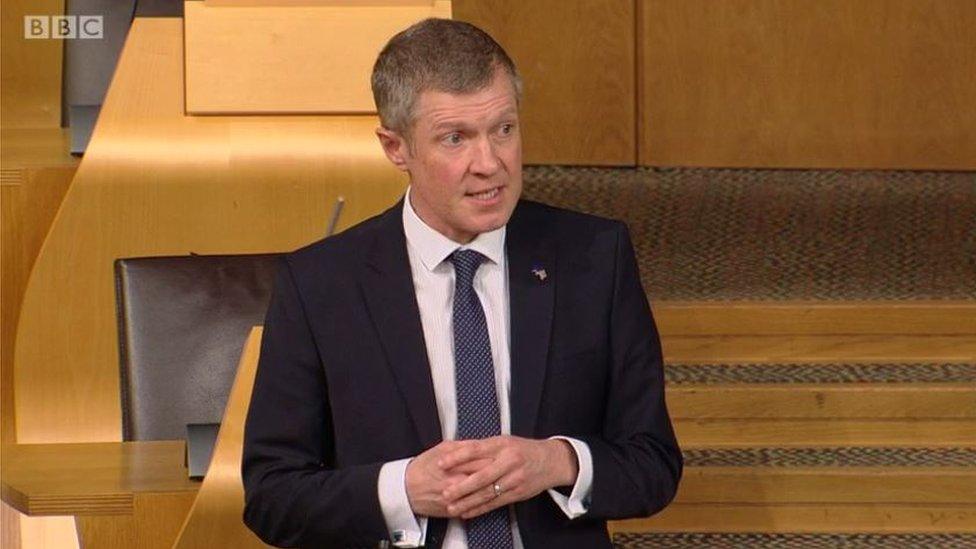'Uncertainty and volatility' fears over Scottish budgets
- Published
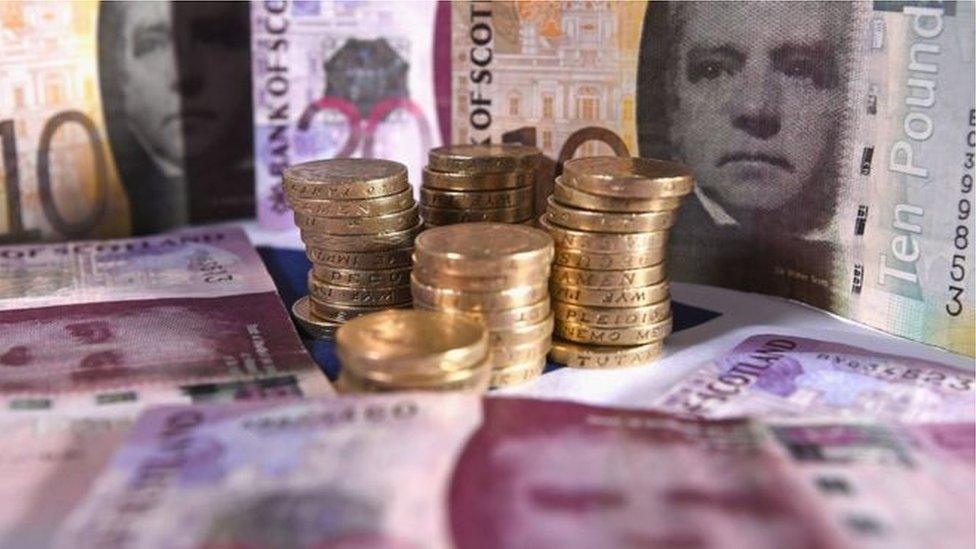
The draft budget includes the first use of Holyrood's new tax powers
Scotland faces "a much higher level of uncertainty and volatility" in its budgets due to new powers and Brexit, Holyrood's finance committee has said.
The group published its report on the government's draft budget, external, which marks the first use of new tax powers.
Members said new powers combined with economic uncertainty caused by Brexit meant it was "critical" there was "complete transparency" over budgets.
Holyrood's parties have so far failed to reach consensus over the plans.
Finance Secretary Derek Mackay has said he is "positive" about winning opposition support for the budget, but other party leaders have warned "it's not looking good" for a deal to be struck ahead of the Stage One vote on 2 February.
The budget bill, external has now been formally published at Holyrood, marking the start of the formal legislative process. The final votes on the tax and spending proposals will be held before the end of February.
Finance committee convener Bruce Crawford said he was pleased that the cross-party membership of the group had managed to come to a consensus and produce a largely unanimous report, despite the political disagreements over the budget.
Summarising the report, he pointed to Holyrood's new fiscal powers introducing "a significant level of complexity to the budget process".
He said: "It is clear to us the increased dependence of the budget on relative economic performance, combined with the complexity of the fiscal framework, means there is now a much greater degree of volatility and uncertainty in the budget process.
"This uncertainty is exacerbated by the potential impact of Brexit on economic growth and the public finances."
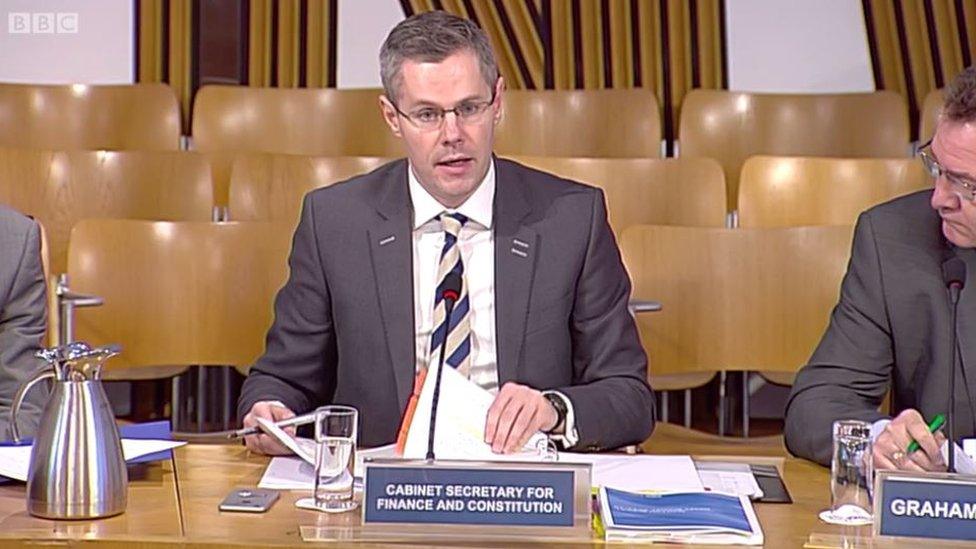
Finance secretary Derek Mackay gave evidence to the committee on several occasions about his budget proposals
The report notes the "historic" nature of the budget, being the first time that Holyrood will set the rates and bands for income tax in Scotland.
Members noted that this would be complex under normal circumstances, but added that "the added uncertainty arising from Brexit significantly increases the challenge" for the parliament and government in agreeing the budget.
They said it was therefore "critical" that there was "sufficient transparency to ensure public confidence in the operation of the new financial powers".
And they added that "significant work is required in developing a new budget process and wider financial scrutiny" given the added complexity and the reduced timescale for scrutiny in the current setup.
'Difficult to follow'
Members also noted the "variety of sets of figures" being presented on local government and local services, which has been the root of a political row. Opposition parties have pointed to the core council budget going down, but the government insists other funds going directly to schools and health and social care partnerships means the budget for "local services" is increasing.
In its budget report, Holyrood's local government committee said that "greater transparency is required" as "the budget for local government and the allocations to local authorities are very difficult to follow".
The finance committee agreed with this, and called on the Scottish government to produce "detailed proposals" on making the state of local government finances more transparent.
This was one of the few areas where the MSPs could not reach a consensus, with the report noting: "Due to the different presentation and sets of numbers relating to the local government settlement, some members were concerned about the level of financial resource available to local government in the settlement."
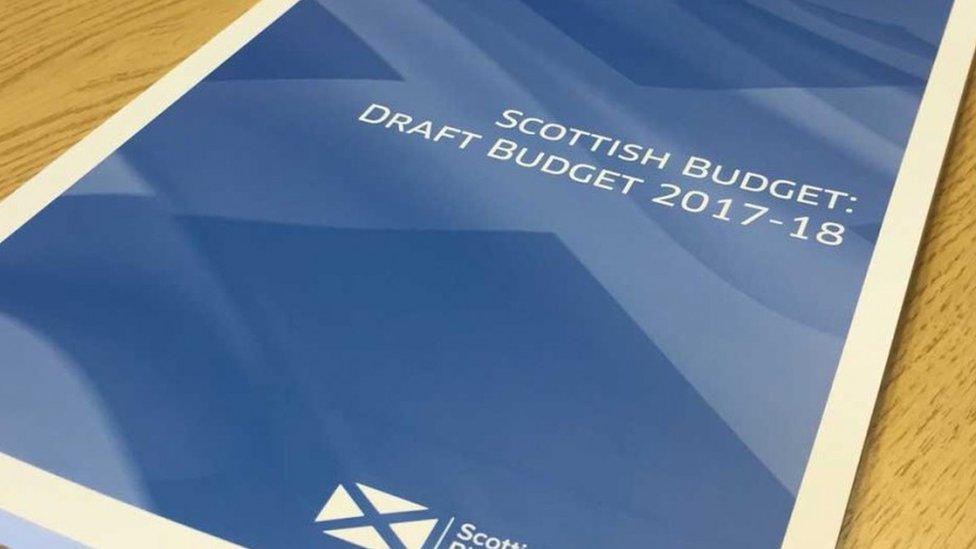
The final votes on the budget should take place by the end of February
Members also voiced disappointment that Chief Secretary to the Treasury David Gauke had declined to give evidence to the committee over the operation of the fiscal framework, saying it was "vital" to hear from a Treasury minister during the budget process.
The report also asks the Scottish government for additional information on a range of topics, including estimates of tax revenues and "a full and comprehensive analysis of the use of borrowing powers".
Mr Mackay said he would consider the recommendations in the report "carefully", and provide a formal response before the end of the budget process.
'Not looking good'
First Minister Nicola Sturgeon has said "we are not getting any reasonable proposals from the Conservatives or Labour", but Mr Mackay has said there is "room for manoeuvre" in talks with the Lib Dems and Greens.
However, Lib Dem leader Willie Rennie, who has asked for up to £400m of extra spending on mental health and education, warned that "it's not looking good" for a deal to be struck before the Stage One vote.
And Scottish Green co-convener Patrick Harvie, who is targeting tax changes, said there was no sign so far that the government had decided to compromise with any other party.
He said debate would continue "in a constructive spirit", but said the ball was in the government's court.
Mr Mackay said he would continue "constructive discussions" with other parties.
The Scottish Conservatives said they would not back the budget, saying it would make Scotland "the highest-taxed part of the UK".
And Scottish Labour said the government should "go back to the drawing board", saying they would "seek to amend the SNP's budget to stop the cuts".
- Published25 January 2017
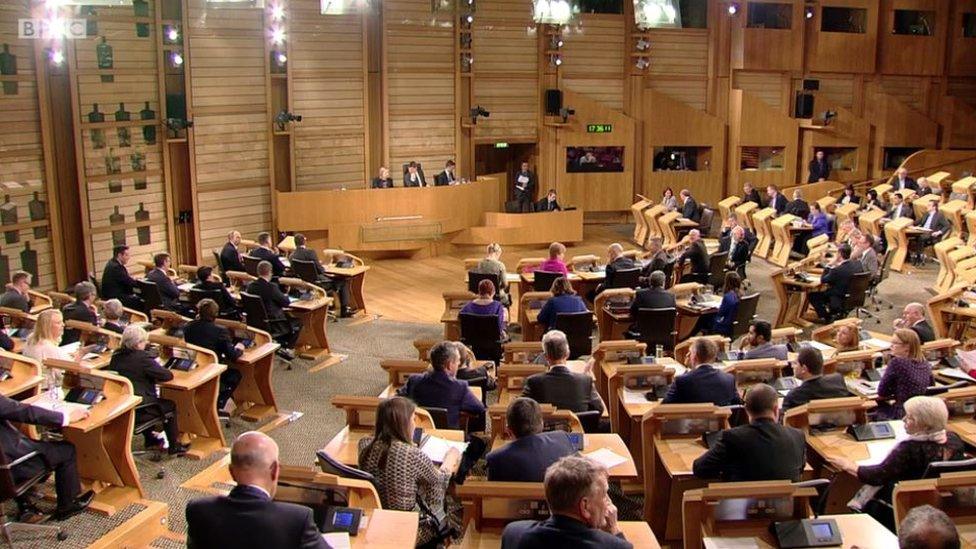
- Published22 January 2017
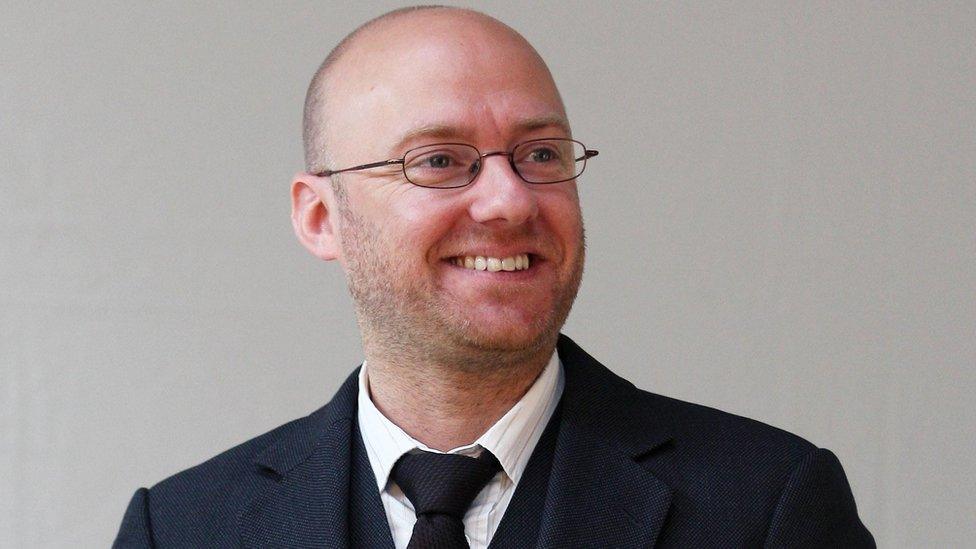
- Published19 January 2017
